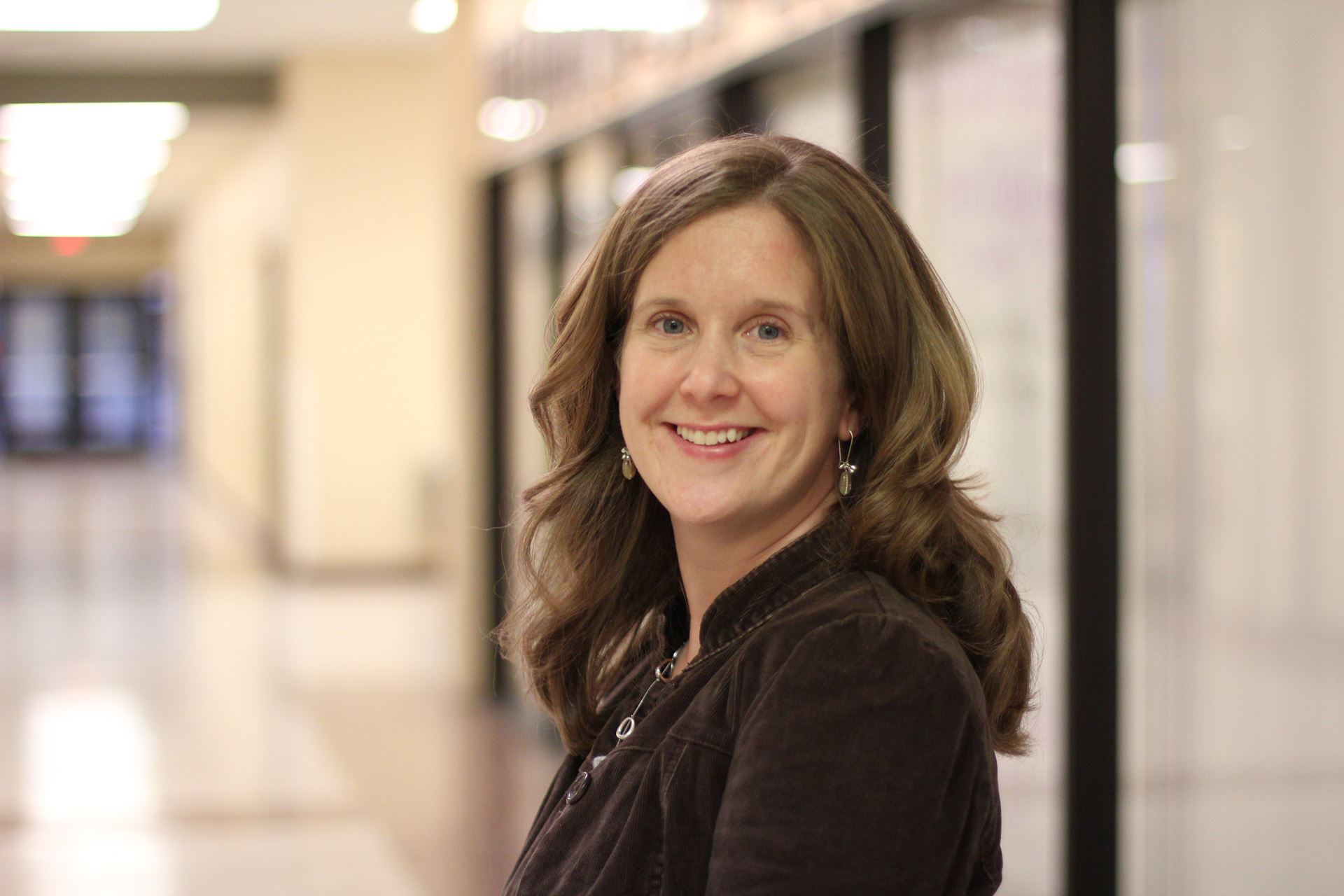 School name: Gannon University
School name: Gannon University
Type of school: Small, Catholic Liberal Arts College
School locale: Urban (Erie, PA)
Classes you teach:
Psychological Statistics (Introduction to Statistics), Honors Psychological Statistics, Online Psychological Statistics, Positive, Motivation and Emotion, Industrial-Organizational, Social
Average class size: varies from 10-25
What’s the best advice about teaching you’ve ever received?
Students don’t like surprises. Given them a detailed schedule the first day of class. Stick with it. Be clear in your expectations.
These details may seem more mundane than planning an inspiring lecture or creating a psychometrically appropriate exam, but people like clear expectations.
What book or article has shaped your work as a psychology teacher?
Make it Stick.
Also, Malcolm Gladwell’s work showed me how effective it is to teach a psychology theory by way of personal anecdote, historical event, or TV show/movie reference.
Briefly tell us about your favorite lecture topic or course to teach.
In my statistics class, I have a Harry Potter-themed review lecture for teaching ANOVA and a Hunger Games review lecture for t-tests that I really enjoy. On those days, all of my examples are based on story cannon and psychology. So, the students perform a one-way ANOVA that demonstrates that Death Eaters score higher on Fascism scales than do members of the Order of the Phoenix or a random sample of wizards. And on t-test day, my students analyze data that reveals that in Panem, Capitol Leadership and Rebel Leadership score in a statistically similar manner on the Machiavellianism scale.
Briefly describe a favorite assignment or in-class activity.
When I teach Positive Psychology, I emphasize that we aren’t studying happiness, per se, but individual differences and societal support that lead to high achievement and striving. During the second meeting of the class, everyone gives a “Best Self” talk: They describe a time in their life when they were doing their very best. The stories my students share? One of our majors talked about over coming depression and suicidal thoughts. One student’s mom had a stroke, and my then-16 year old student had to keep her family together. Another was cheated on and dumped and then took up running to get over the loss and ran their first 10K. Another related being kicked off a college sports team due to partying and low grades, then getting their life back in order. One student worked really, really hard to earn straight As while working night shift for a whole semester.
That day of class is a sacred day. Many students make themselves vulnerable by sharing very bad things that happened to them. I think we all remember that each and every one of us has done hard things and has lived to tell the tale. It also sets the stage for class and discussions of resiliency, optimism, and grit.
What teaching or learning techniques work best for you?
Just use as many vivid examples as possible. By the time you are a college professor, your mind has been trained to think very abstractly and extensively about statistics, research methods, and psychology. Your students are not at that level. I think that using different examples and encouraging your students to come up with their own examples helps to avoid the “illusion of knowing” that comes with memorizing a dictionary definition of a concept without really understanding the concept.
 What’s your workspace like?
What’s your workspace like?
I have a really messy office but I am particular about lighting and food. I hate florescent lights and have two lamps and a window to light my office. I also have lots of tea and snacks. My favorite teas are Wegmans Green Jasmine and Harney & Sons Green Tea with Coconut. I am usually snacking on trail mix, baked chick peas, oatmeal, and Dr. McDougall cup-o-soups.
Three words that best describe your teaching style.
Dress, boots-or-flats, cardigan-or-blazer.
And, yes, I know exactly what you mean, and I refuse to change my answer.
What is your teaching philosophy in 8 words or fewer?
Be enthusiastic. Be genuine. Read the room.
Tell us about a teaching disaster (or embarrassment) you’ve had and how you dealt with the situation.
I had a teaching assistantship my first year of graduate school. I assumed that I would hold office hours and maybe run a lab section. However, a week before classes started, I learned that I would be teaching two 60-student sections of Introduction to Psychology. I would receive twice weekly training via a practicum class lead by an experienced teacher.
For that entire first semester, I was nauseous and nervous EVERY DAY before teaching my two sections. On top of that, I had my own graduate level stats class (which also made me nauseous), which occurred directly in between my two sections of Intro. I was already struggling with my first year of graduate school and it was just so hard. But I kept showing up, I kept trying, connecting with the students with silly stories and pop culture references, and now I love teaching.
What is something your students would be surprised to learn about you?
During that horrible first semester of graduate school? I failed my very first stats exam. Like, I REALLY failed it. My professor, Dr. Britt, even put a “See me” under my terrible grade. I still have that blue book.
What are you currently reading for pleasure?
I listened to the audiobook for The Book of Dust by Philip Pullman over the summer/fall. It was FANTASTIC. I really recommend audiobooks for busy people who have time to listen to a book while exercising/commuting/doing chores.
What tech tool could you not live without?
Outlook Calendar. I know that isn’t a very interesting technology tool, but my memory is garbage and I have two kids and a husband and we’re a lot to keep straight.
I also love Twitter (@notawful). I use it to share posts from my blog about teaching statistics. Twitter has allowed me to connect with people I would never have the chance to meet otherwise and make psychology and statistics friends. I also like having a social media outlet that is purely professional in nature.
What is your hallway chatter like? What do you talk to colleagues about most (whether or not it is related to teaching/school)?
We’re a small department with pretty awesome psychology majors, so most of the hallway chatter tends to be between instructors and students or among students. I once overheard our majors have a very enthusiastic discussion about why they wanted a pet ocelot.
